The Fundamental Importance of Real Food
One of my non−negotiables in life is to constantly educate myself and expand my mind. I do this through study, workshops, books, YouTube, conversations and podcasts. It’s important to grow, learn and evolve, otherwise I’d be nothing more than a piece of granite. This constant evolution is no more apparent than when I look back at my message as a personal trainer well over a decade ago. Back in 2005, I thought the solution to all the world’s problems was to prescribe cardiovascular exercise. Even my business card stated ‘Specialist in Aerobic Conditioning’. The importance of nutrition didn’t carry the weight that it does for me today.
I dare say that my message and philosophy will continue to refine and evolve in accordance with new research, but as I write this today, I firmly believe that exercise is not the solution to health and weight management. For decades we have made fitness, exercise and working out the marker of health and the solution to weight loss. I understand that I might be talking myself out a job, but the first thing we should do is accept and understand that we can be healthy, lean and have a strong immunity from nutrition alone. Now don’t throw out those tatty gym shoes just yet – I’m not suggesting that fitness hasn’t a role to play; it most certainly does. I’m merely suggesting we can afford to relieve ourselves of the guilt if we miss a day, a week or a month of training and instead redirect our time and energy into making our nutrition the solution to health.
Ok, so things are looking up, right?
You can relax a little, safe in the knowledge I’m not about to prescribe burpees (a hideous exercise designed by the devil himself!), hill sprints or star jumps . . . for the time being, anyway! So if training isn’t the Holy Grail, what is? Well, if I told you that your great- grandma had the answer, you’d probably look bemused. I’d like you to meet my great-grandma, Jean. Three generations older than me (and, important to note, very much alive and kicking in my lifetime), Jean was the queen of her home. Incredibly resourceful, she spent much of her day creating food for her family. It was an era when food and mealtimes were the focus of home life. Jean made everything from scratch. Most was grown in her backyard, and anything not home-grown was sourced from the local markets. It’s safe to say that Jean cooked with local, organic, real food. If we were to join Jean for dinner – and this could be any day of the week – we’d be served up meat and three veg, guaranteed.
If we dug a little deeper, we’d see that Jean had no reservations about cooking with the much-maligned saturated fats – butter, ghee, tallow, lard and duck fat, to name a few . . . and damn did it taste good! In addition, Jean didn’t rely on refined, processed food – it barely existed back then – just simple produce cooked with love.
So what’s there take-home message here?
It’s pretty straightforward . . . let’s get back in touch with the way Jean did things in the kitchen. I’m not suggesting a séance or ouija board, but more along the lines of adopting Jean’s staple principles around using real food. Jean’s cooking was simple, familiar, comfortable and nourishing, for a number of reasons. Great-grandma Jean stuck to the following rules:
- Eat real food
- Use saturated fats
- Have veggies with every meal
- Eat meals full of flavour
It’s worth noting that Jean wasn’t cooking for health. Instead, she cooked with produce that she could afford and that was available. Despite her focus not being on health, she actually ticked all the boxes for me. Meal after meal, her creations would be reminiscent of the dishes that I’d happily serve up today – dishes full of healthful, delicious ingredients. The question has to be asked: how, in the space of just three generations, did we arrive at the food landscape we see today in the Western world?
Real food is simply better for you! Let’s define real food. It’s food in its most natural state, either grown in the ground, on a bush or on a tree, or that was once an animal or derived from one. You get the picture? In essence, real food is food which resembles what it was in its natural state, with no added nasties.
Real food served Great-grandma Jean and countless generations before her well, and will serve us well as we move forward. We just have to navigate the food landscape a little harder in order to find it. Real food is more than just calories; it provides important ‘information’ – information that our bodies use in order to send signals, elicit certain hormones and influence which genes are expressed or not. The topic of nutrition and its many health ramifications is incredibly broad, so for now, the key take-home message is that real food is more nutrient dense than refined food. Period.
The time to demonise refined, processed foods has passed; the time to celebrate and embrace real foods is upon us. Real food will have macronutrients (fats, proteins and carbohydrates) as well as possess the micronutrients necessary for function and health. A lack of essential micronutrients is often the cause for sub-optimal health and even disease.
Eating real food will ensure you’re getting your vitamins and minerals from a rich and varied source – the more varied the better. Indigenous Australians utilised hundreds of food sources, including herbs, spices, flowers, nuts, seeds, insects, game and fish. It’s reasonable to surmise that the majority of Aussies today receive the bulk of their nutrients from just a handful of food groups, based on diet-related health epidemics. It makes sense to get your nutrients from as many sources as possible. Insufficient intake of vitamins can lead to conditions such as scurvy and rickets, experienced in the past by sailors whose diets consisted of non-perishable foods such as biscuits and oats, which lacked essential vitamins and minerals.
There are plenty of examples of how real food has provided therapeutic assistance and reduced the symptoms of specific conditions, but we can go a step further and talk about real food being downright medicinal, and how it can reverse conditions and bring unwell people back to good health.
My best advice to promote the health of you and your loved ones is through a predominately natural and unprocessed diet.


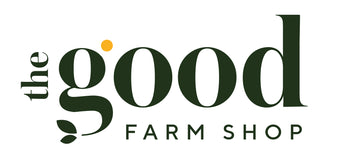
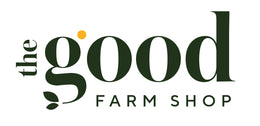
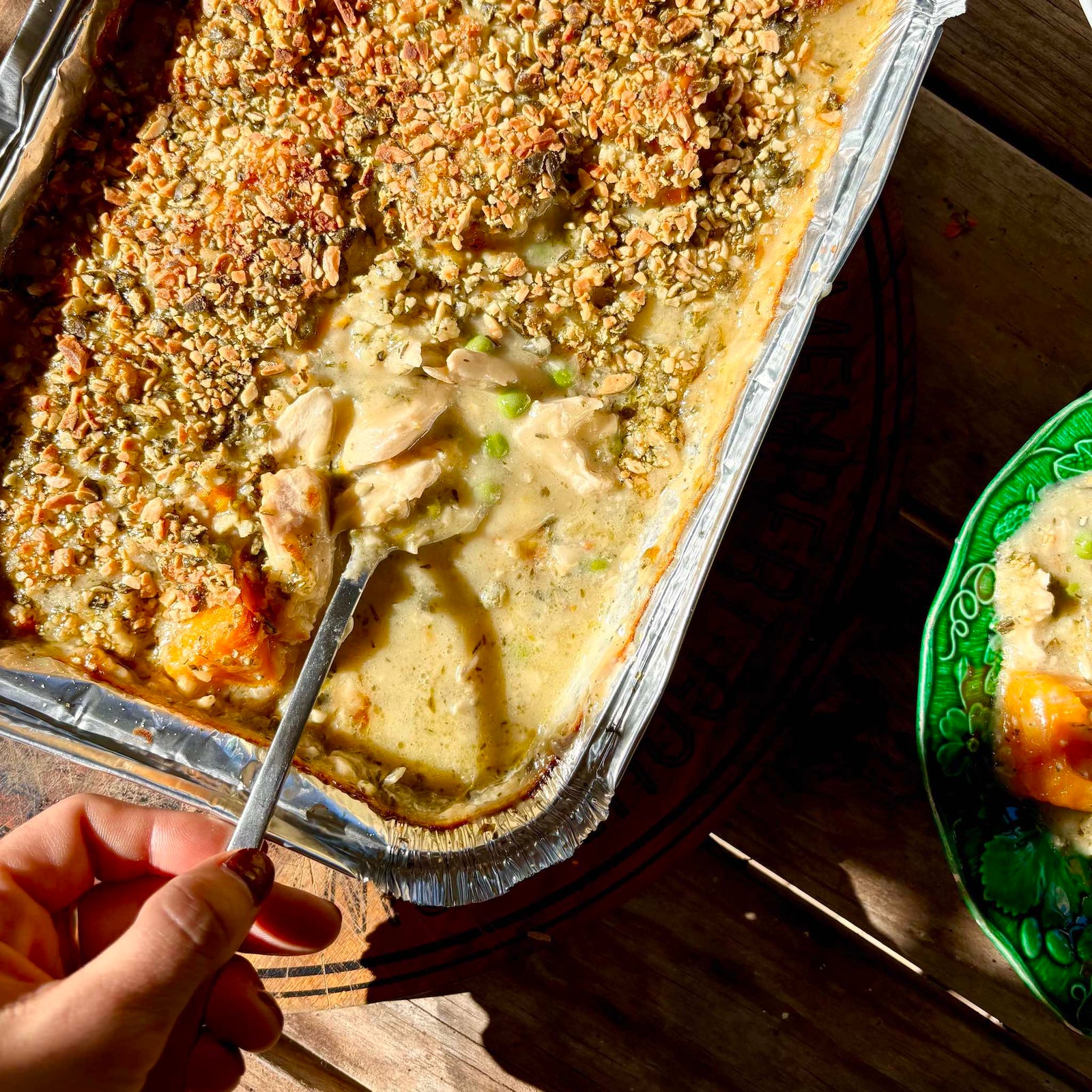
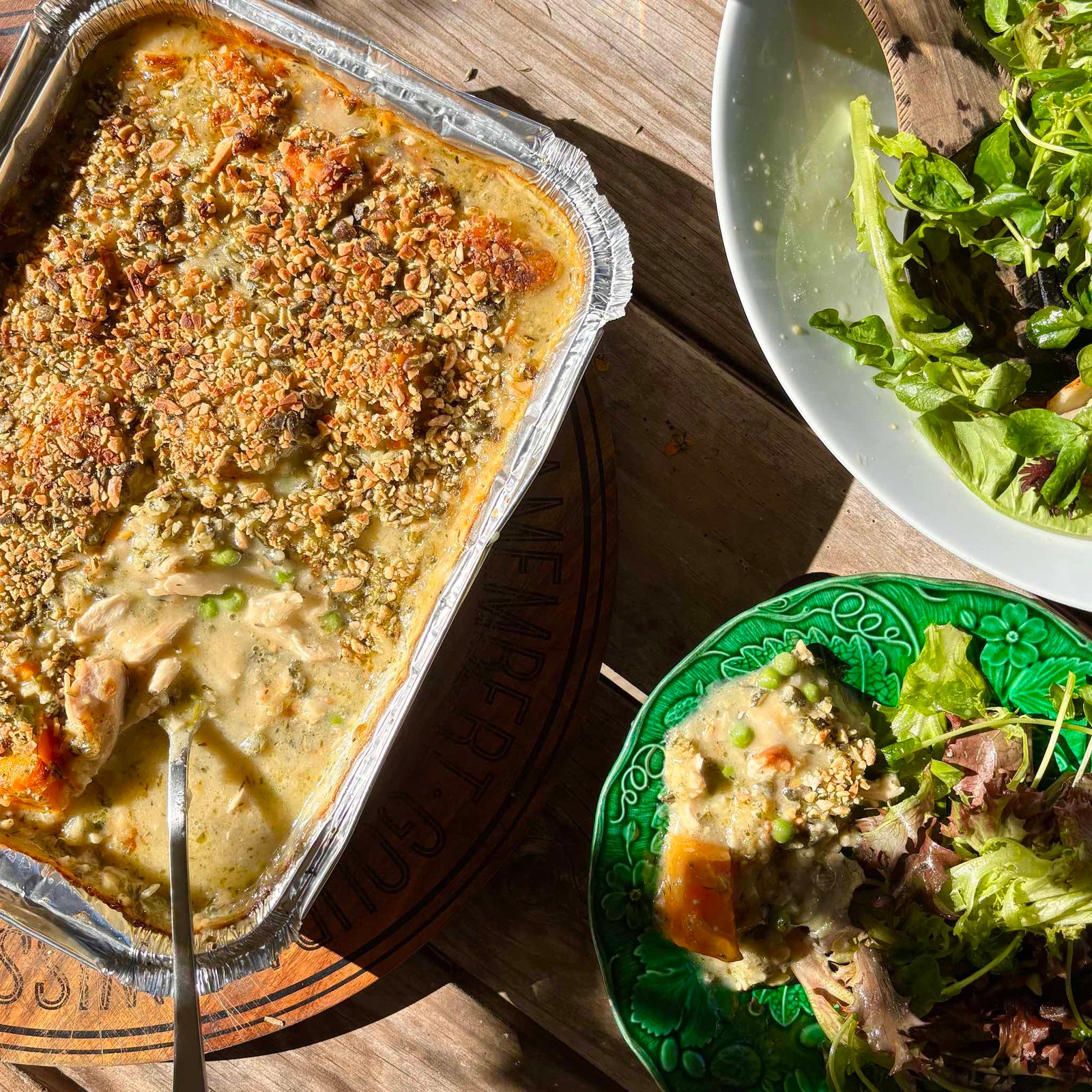
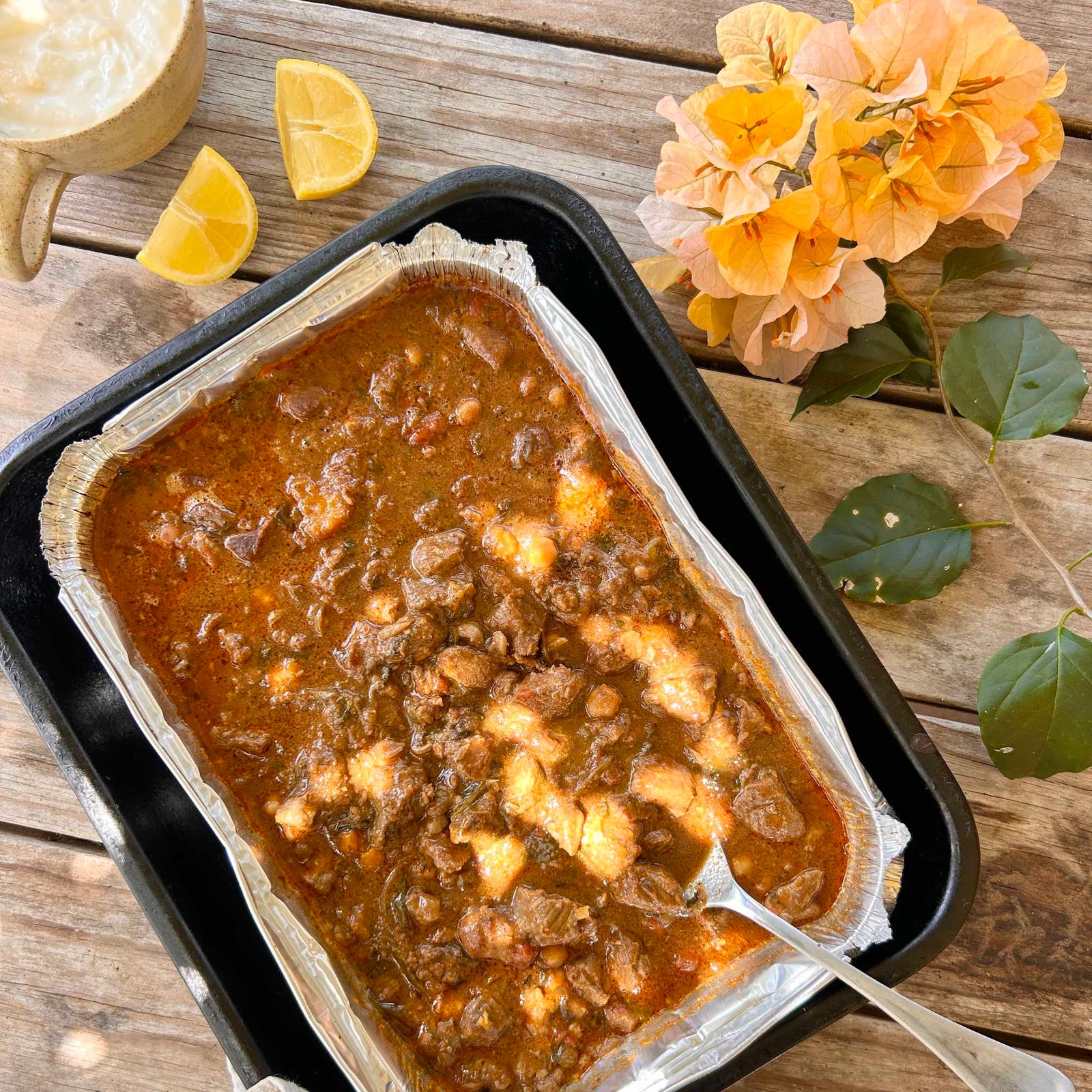

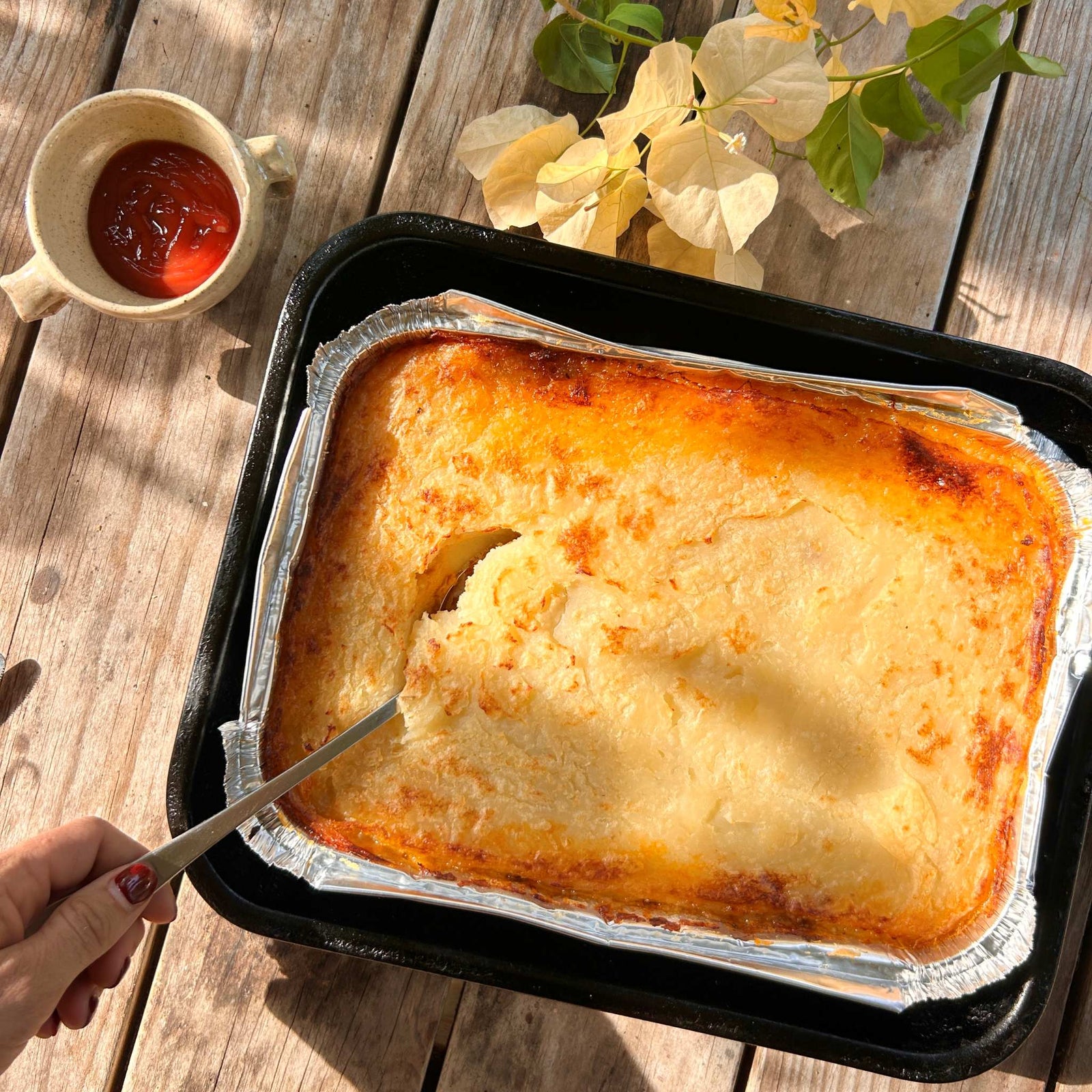

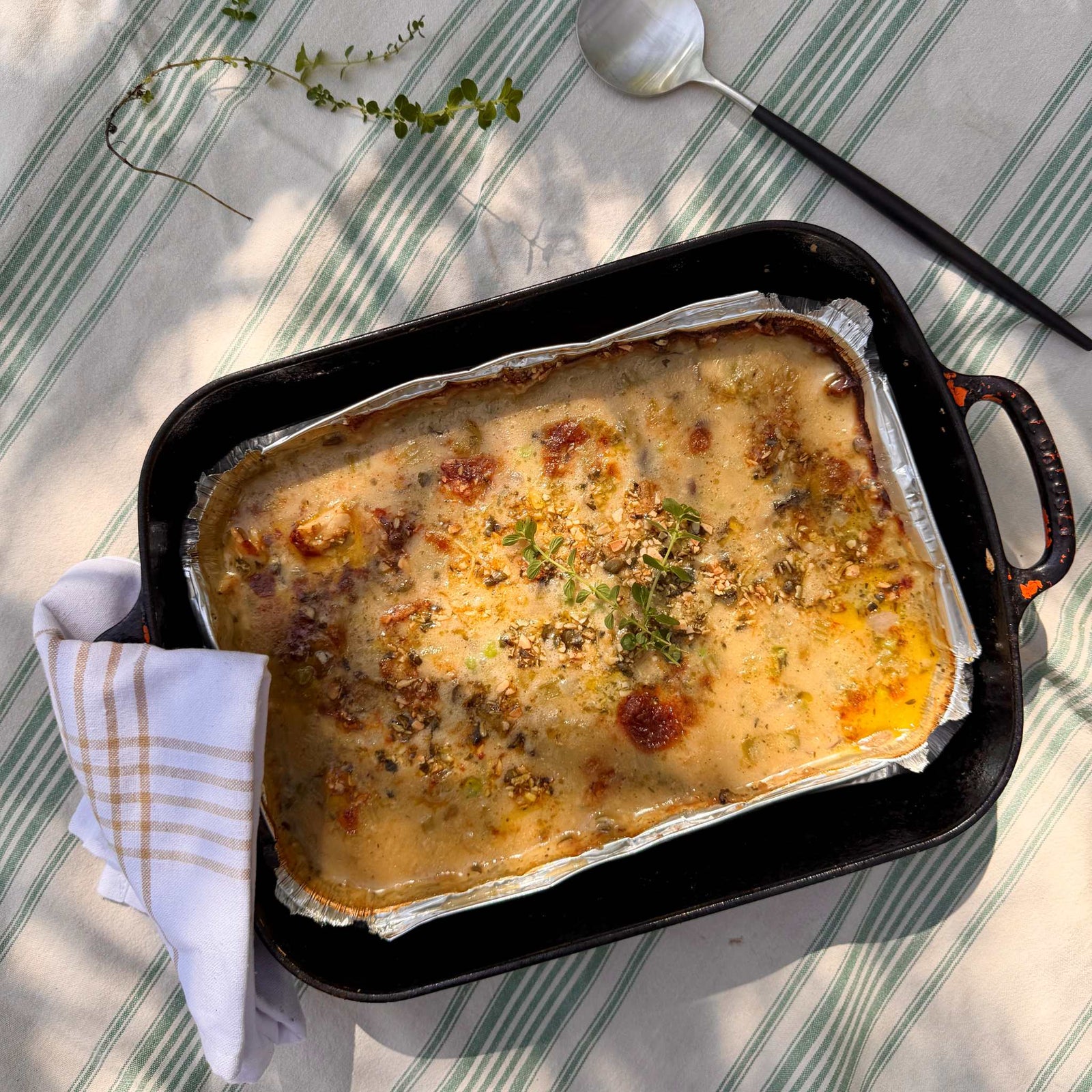

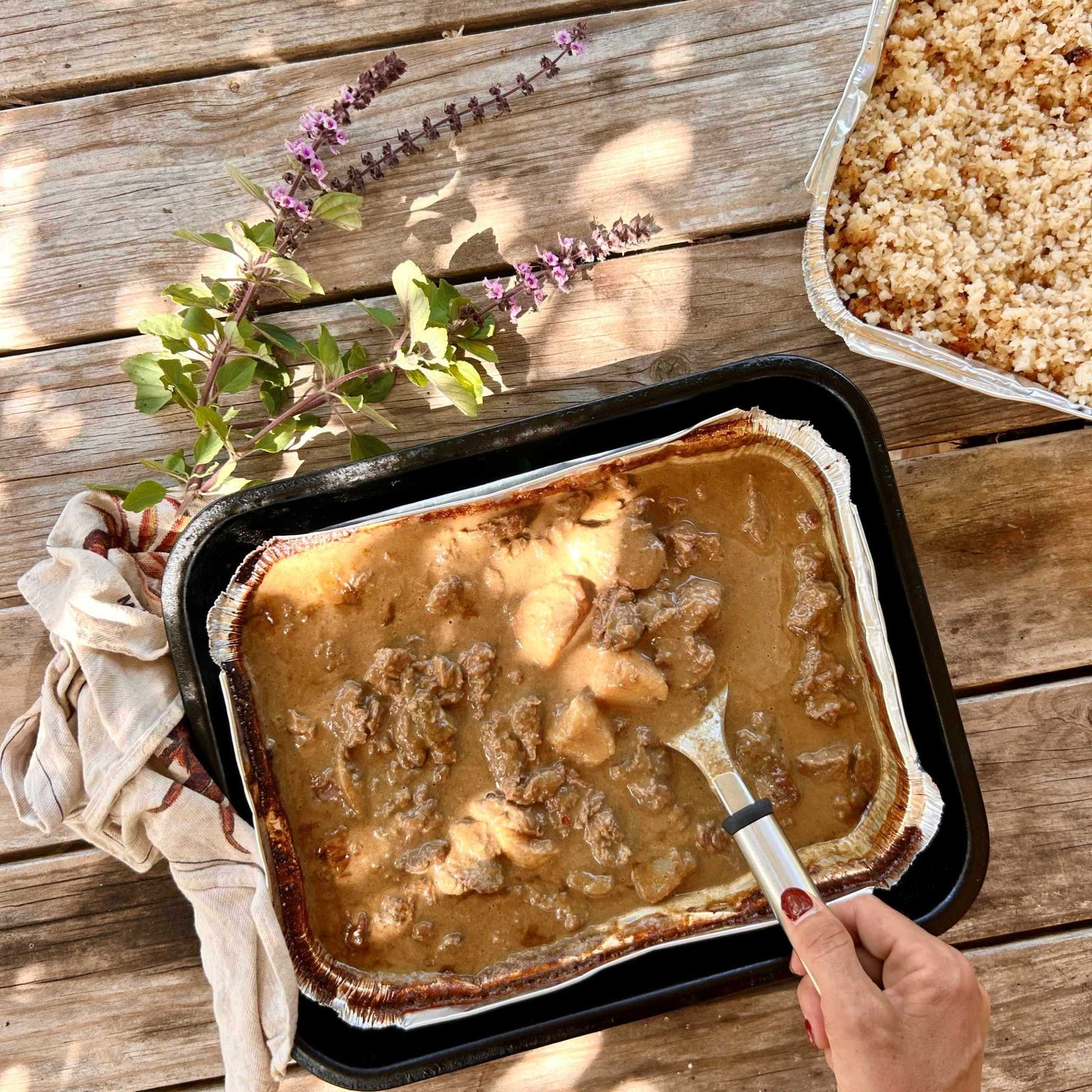

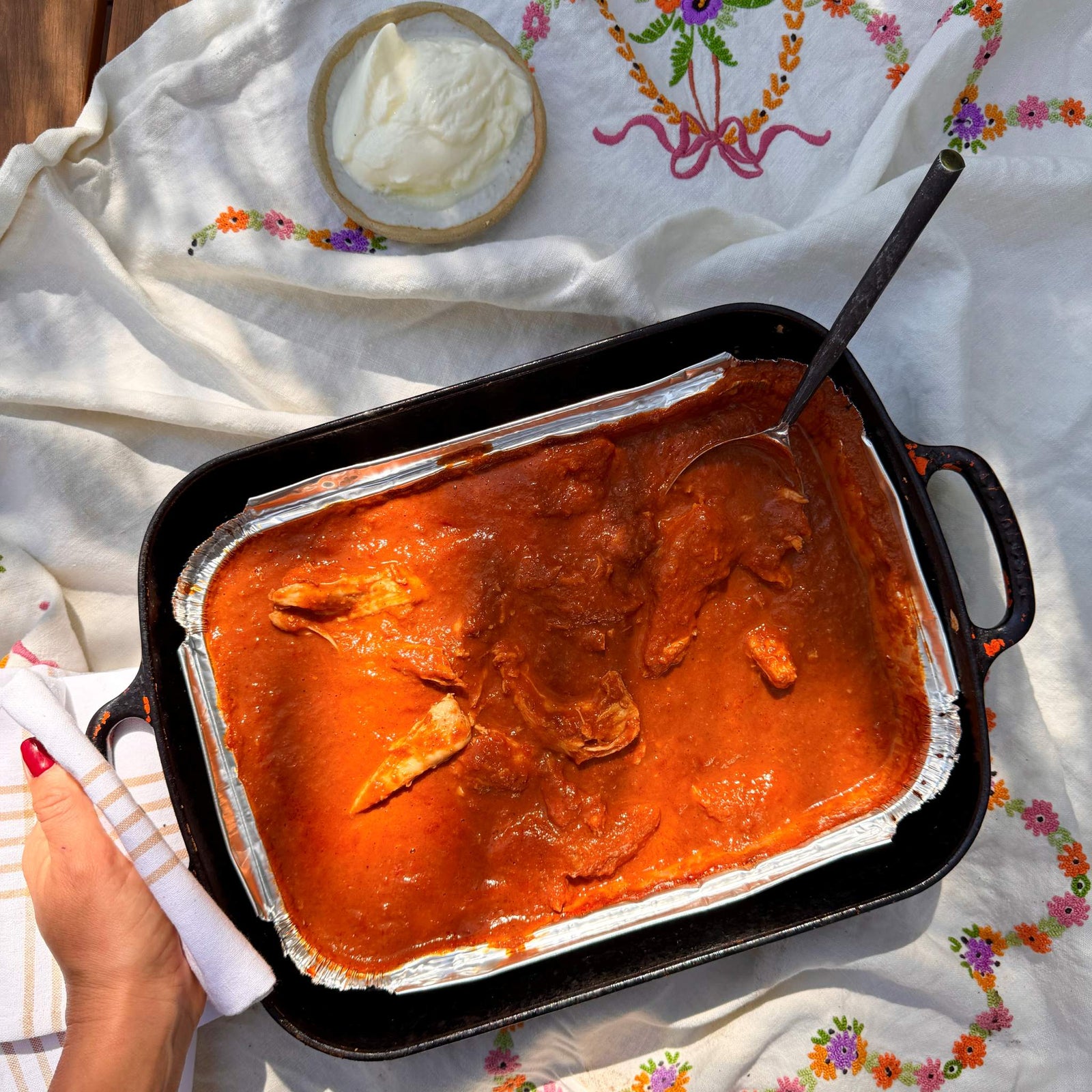

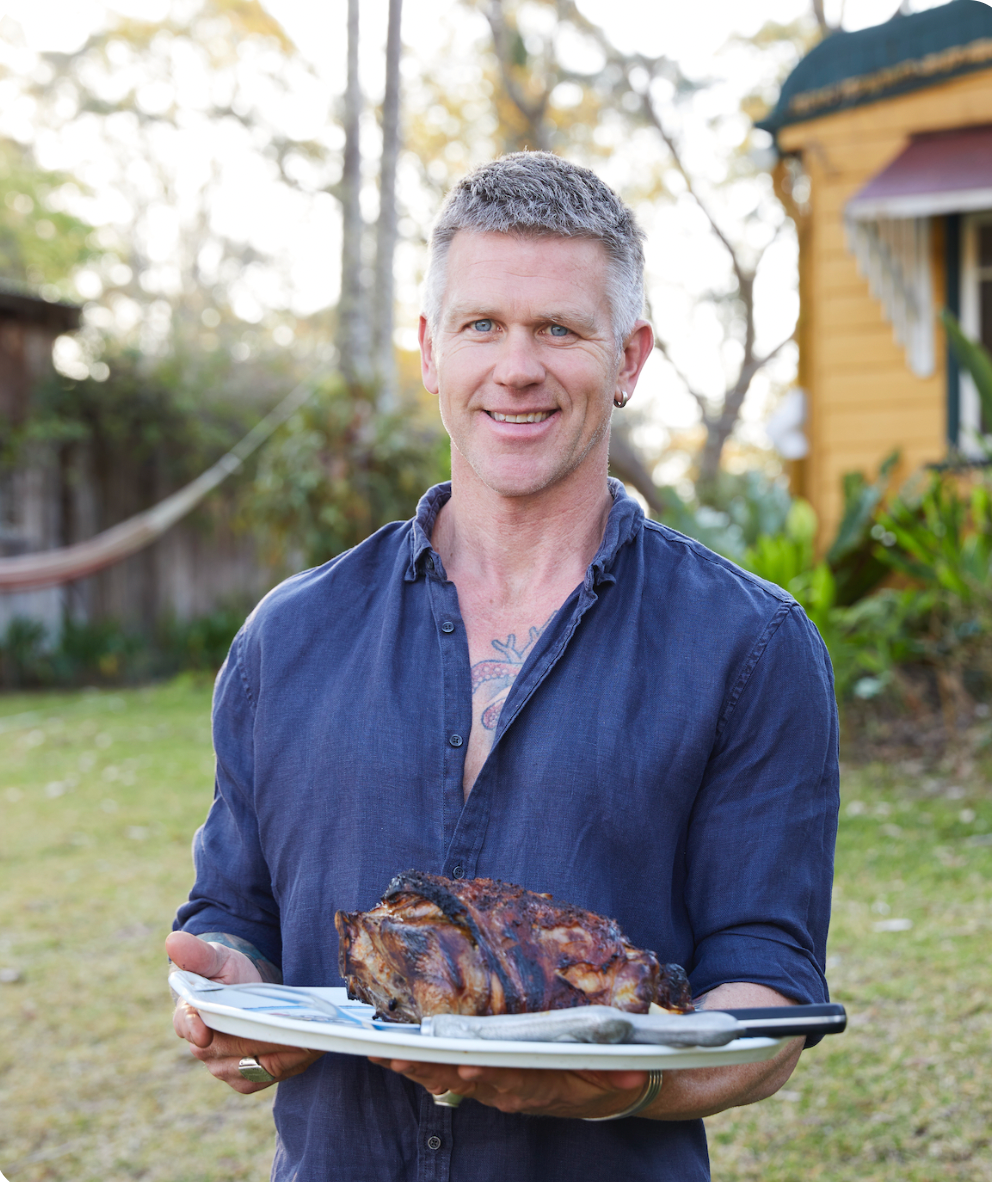
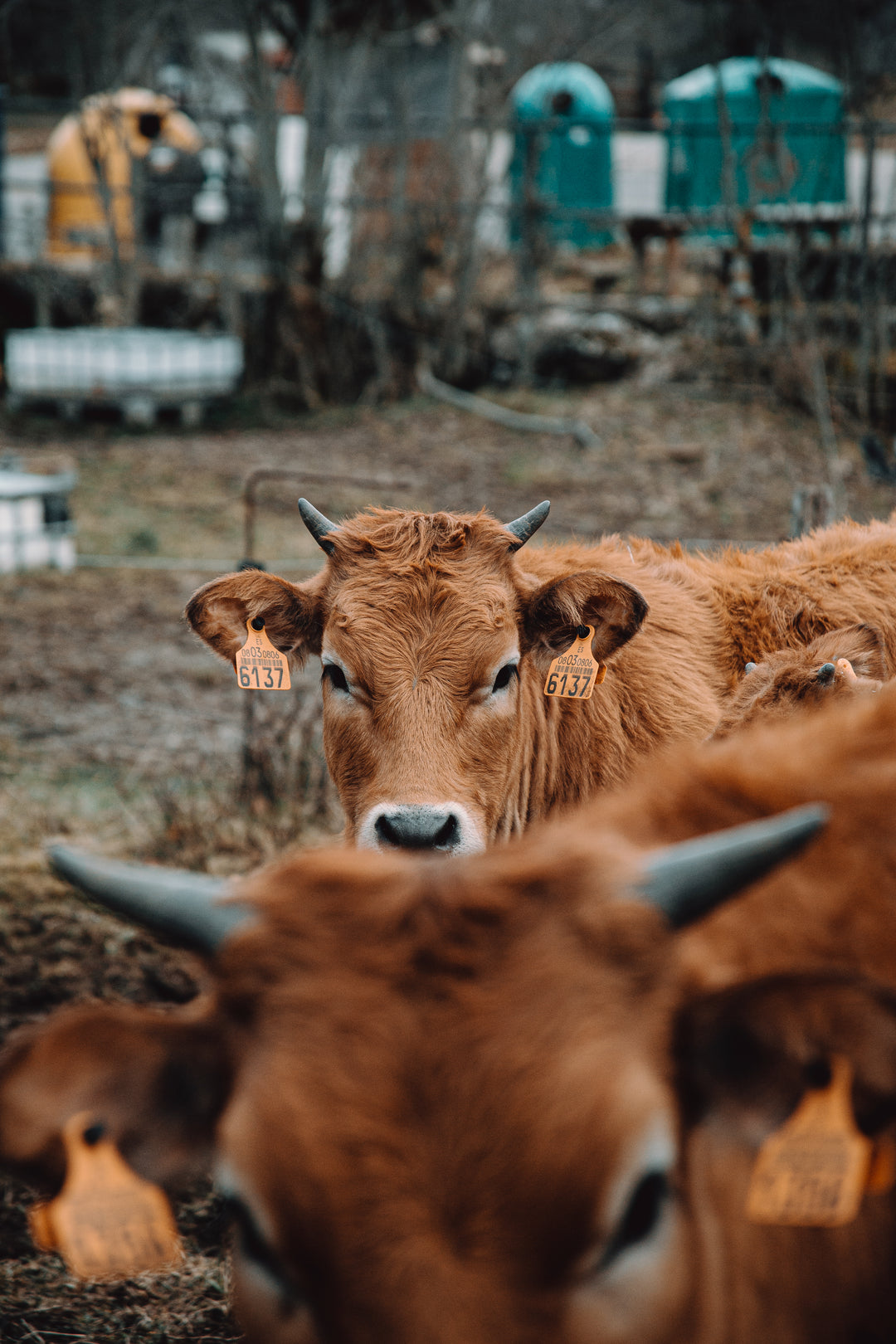
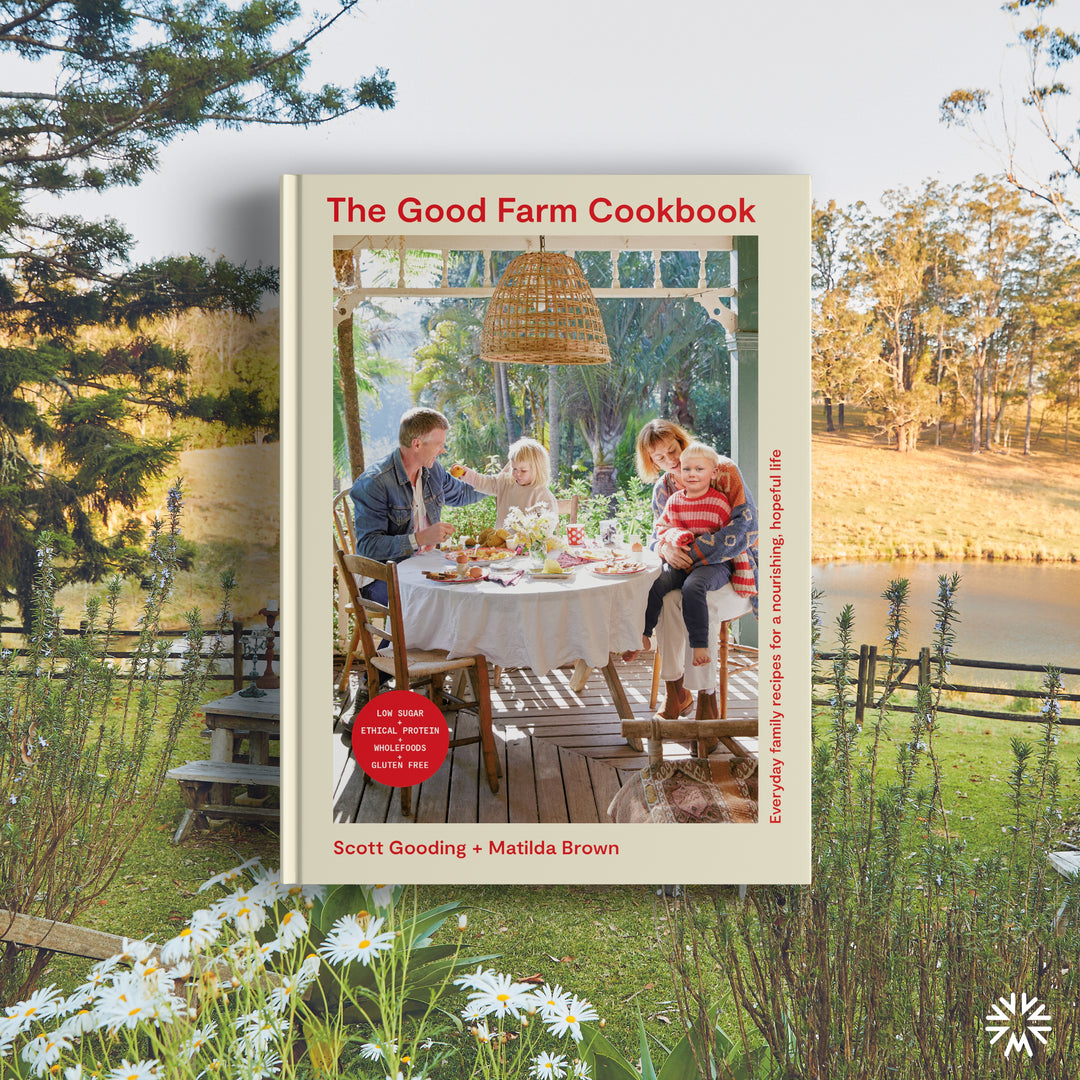

Leave a comment